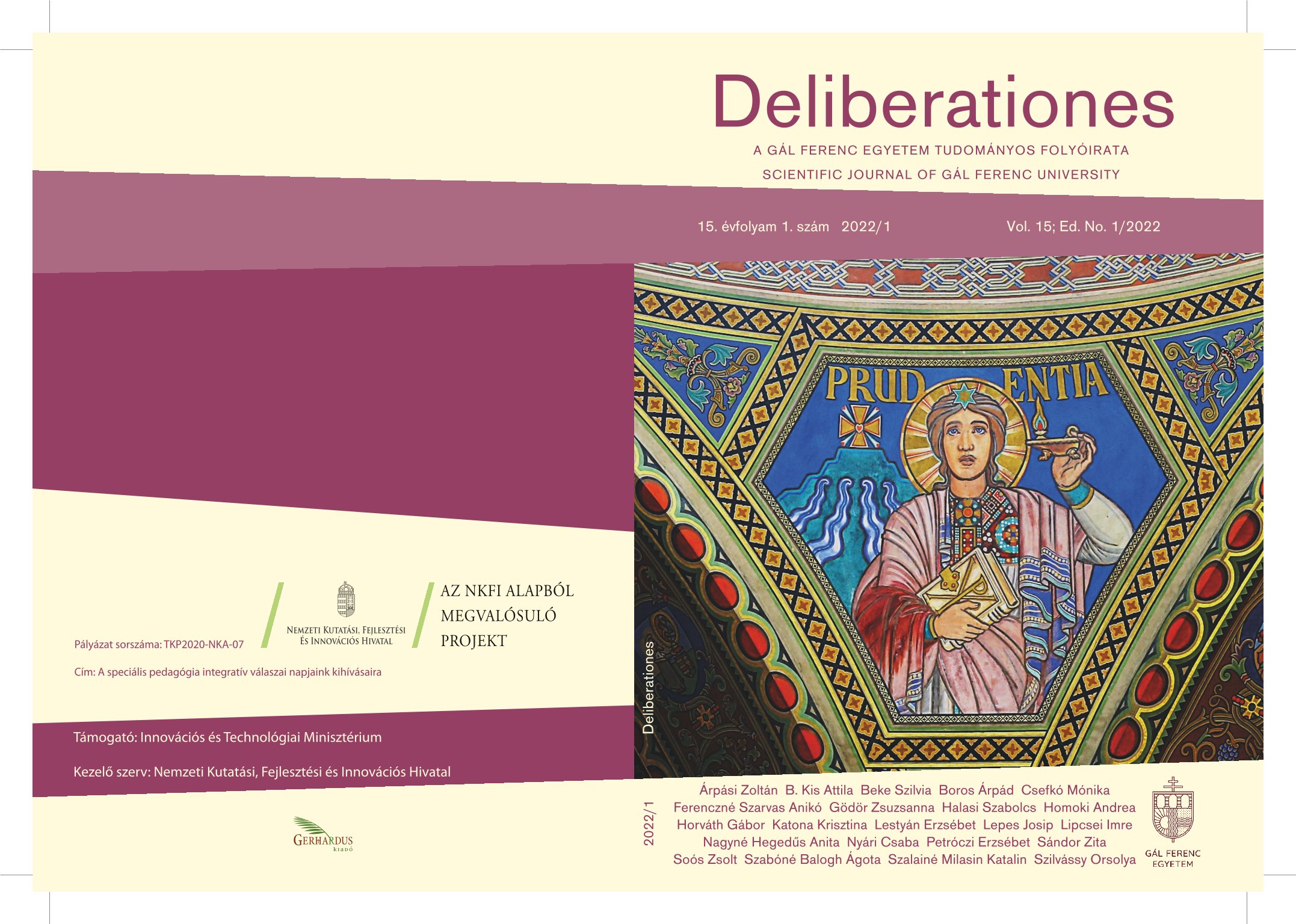Abstract
The tools for education in faith and love of God are collected, which can help us in shaping children in today’s fast-paced world.
Education for faith and love of God is fundamentally integrated into the education process.
This complex, multifactorial task is carried out in various areas: family, school, different groups, teams. It is inseparable from the education of philanthropy. In our world, which is wounded from many sides, it is important to develop basic values in children, to show them a good example, which they often lack. Emotional education plays an important role in this process.
The development of emotional intelligence is essential, it is a part of emotional education, and it is often the main factor in a young person’s well-being, which can be cultivated even in adulthood. It is indispensable in the field of relationship building and temper management, it has a significant role in conflict management, openness, motivation, furthermore it has something to do with play, humor, and interest. The basic social unit is the family, where, ideally, the child receives this emotional education for the first time. Perceiving the community experience has also significant effect, because it has a retaining power. In the community, the child experiences care, that the others pay attention to him, listen to him, and value him, and in this way, it evolves in him that he is valuable and important to others. Thus, he will also be able to appreciate other people and connect with them, and this will also help him connect with God.
The tools that can be used well for this process are games, stories, and music. The game develops the participants in an extremely versatile way through the identification possibilities of the story, it has a socializing effect, makes the child experience the feeling of „being together” and gives a social experience. Music has relaxing power, is a tool for self-expression, relieves tension, helps in attunement and concentration, affects the emotional network, and in this way has a huge influence on the functioning of areas of the brain and on thinking. If these three tools are applied properly, they can promote the connection with God.
References
Pál p., zsinati atyák (1965). A II. Vatikáni Zsinat GRAVISSIMUM EDUCATIONIS kezdetű deklarációja a keresztény nevelésről. https://doi.org/10.1093/acprof:oso/9780190625795.003.0016
Bruno F. (2000). Csak történetek. Don Bosco Kiadó.
A Magyar Katolikus Püspöki Konferencia Országos Hitoktatási Bizottsága (2000). MAGYAR KATEKETIKAI DIREKTÓRIUM. https://regi.katolikus.hu/konyvtar.php?h=413
Uzsalyné P. R. (2010). A nevelés az élet szolgálata 1.- Az érzelmi intelligencia fejlesztése. Kulcs a Muzsikához Kiadó.
Uzsalyné Dr. P. R. (). Az érzelmi intelligencia fejlesztése zenével. https://docplayer.hu/69170844-Az-erzelmi-intelligencia-fejlesztese-zenevel.html
